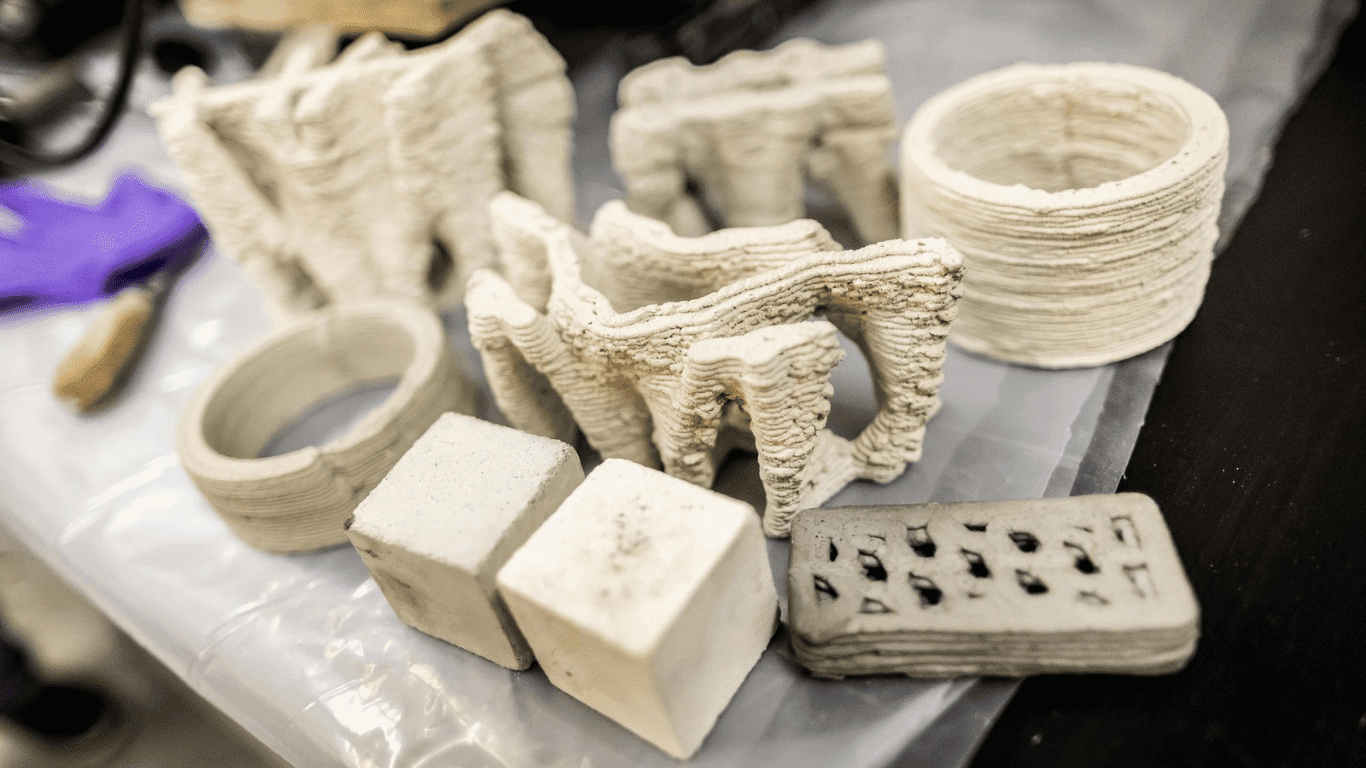In 2018, 69.1 million tons of municipal solid waste were recycled in the US. But have you ever thought about where these recycled materials go? Here are six unexpected uses for recycled materials.
1. Art
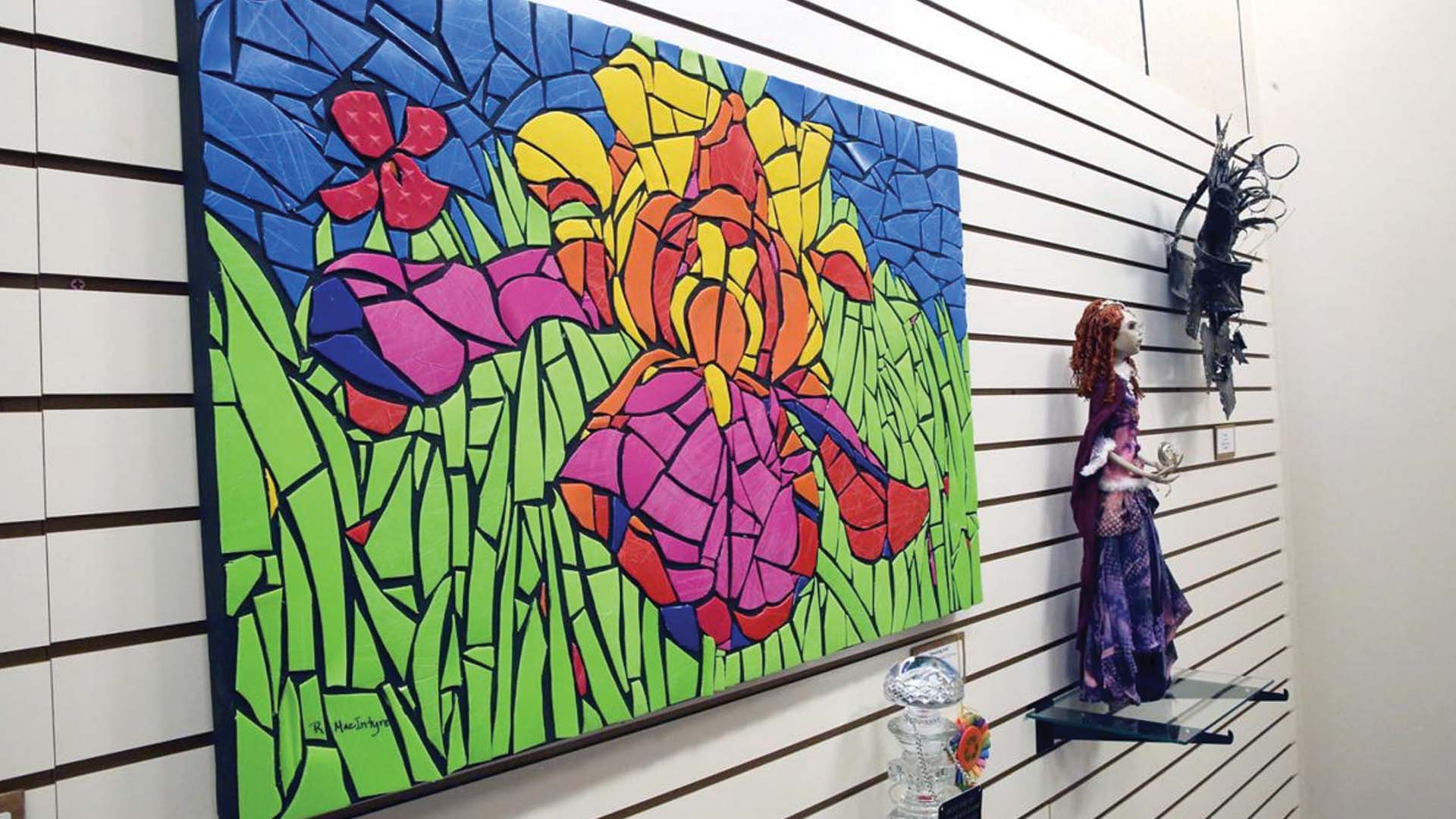
Photo Credit: Arizona Daily Sun
With recycled art, one person’s trash truly becomes another person’s treasure. Recycled art is about repurposing materials and nature conservation. As long as the materials used in the piece were discarded, there’s really no limit to what can be used and what the pieces can look like. The process of repurposing materials to create something new in art began with Pablo Picasso who specialized in collage art. He would paste together separate bits of paper, newsprint, and more to create a new image.
The Recycled Art Movement has gained momentum within the past few decades, coinciding with the greater need for recycling. For example, the Recycled Art Exhibition in Flagstaff, Arizona takes place each year; their only requirement to participate in the exhibition is that your item must be made from at least 80% repurposed or recycled materials. Using plastics in painting not only helps eliminate waste but also sends a strong message to viewers about the benefits of conservation.
2. Phones and Laptops
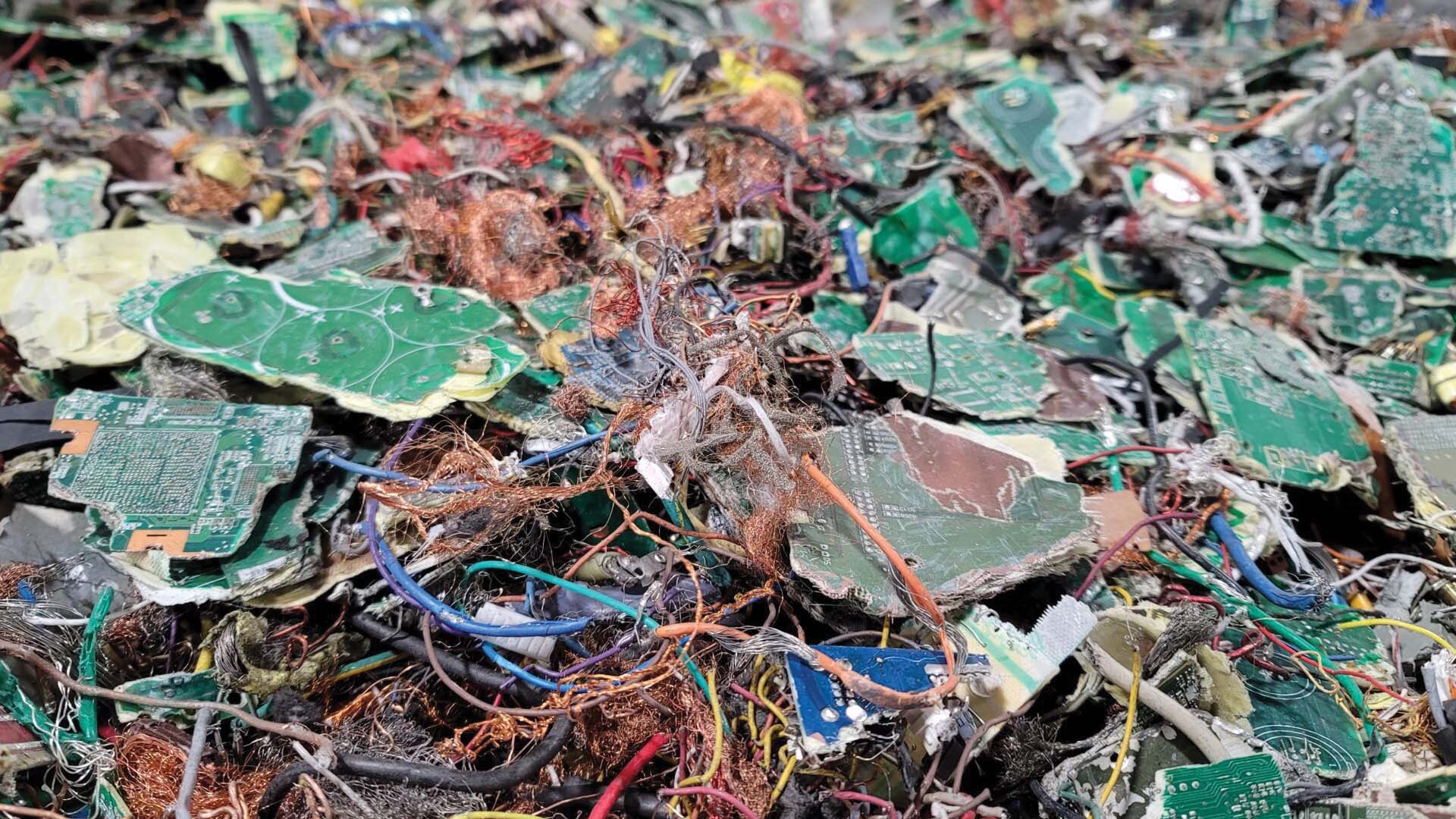
When you recycle your old electronics, they can actually be made into brand new phones, laptops, and more, instead of just sending them to a landfill! If you donate your old electronics to an electronic recycling facility, some are deemed too old or broken for reuse and are stripped for raw material.
However, some recycled electronics just need a bit of TLC to turn them into brand new products, completed by companies like Regency Technologies. This is done by extracting and replacing parts if needed, running numerous tests to guarantee that the machine is completely working, and then wiping their memory to ensure data privacy. Once these products are completely repaired and refurbished, they are put online for resale.
3. Olympic Medals
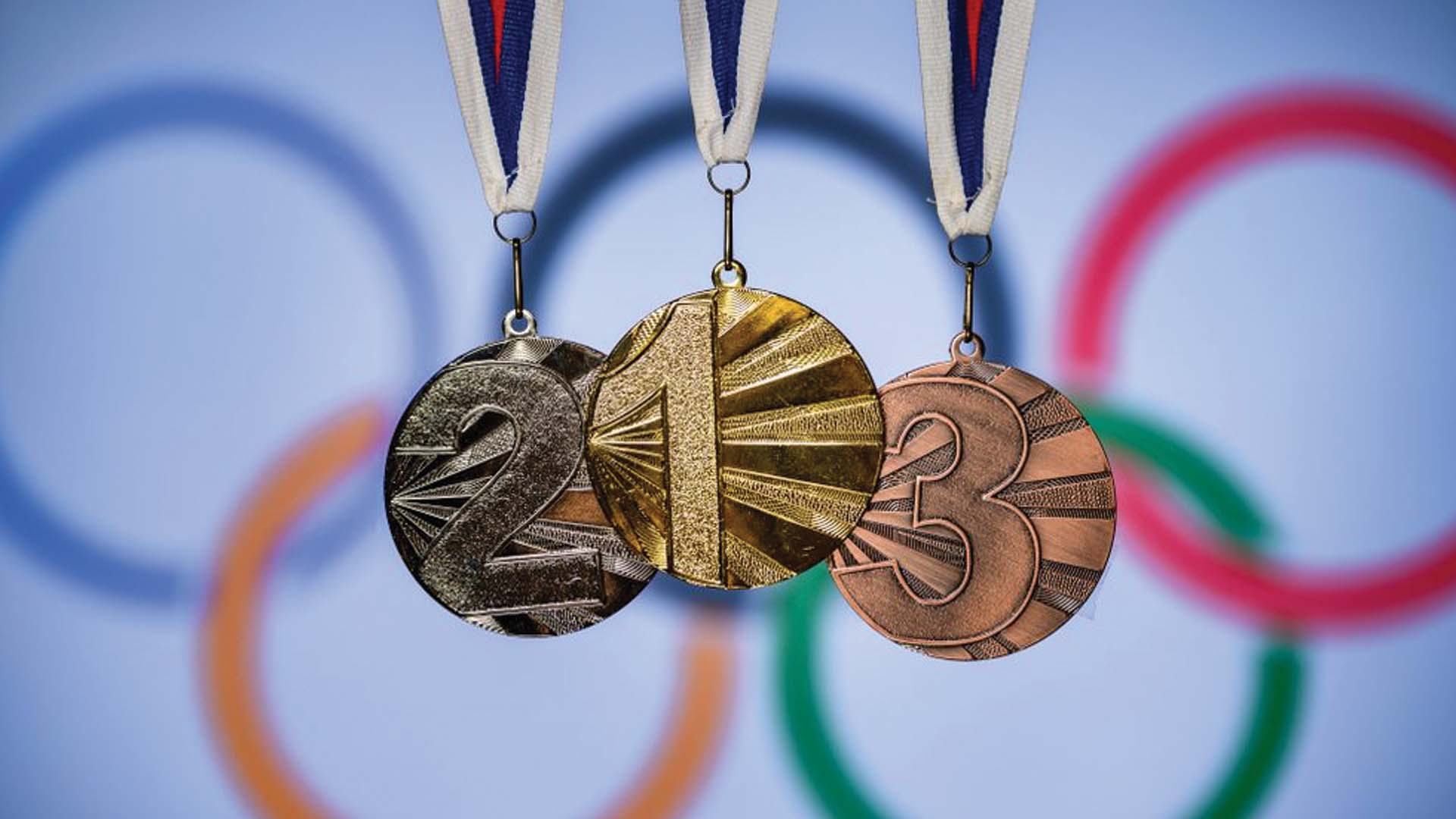
In addition to creating new electronics like phones and computers, recycled electronics can also be made into Olympic Medals! Winners of the Tokyo 2020 Summer Olympic Games were awarded gold, silver, and bronze medals made entirely out of consumers’ recycled electronics.
The Tokyo Organizing Committee asked the Japanese public to donate their old phones, cameras, digital games, and laptops. The success of the project is clear with the impressive number of donated electronics: 158 million pounds of electronics, reduced to about 7,700 pounds of silver, 4,850 pounds of bronze, and 71 pounds of gold. Highly-trained contractors extracted the gold, silver, and bronze from the electronics and then classified, dismantled, and melted them down, turning them into medals.
4. Water Pipes

In the United States alone, there are 2.2 million miles of underground pipes that deliver drinking water to millions of people. That’s enough pipes to wrap around the Earth 88 times! Luckily, some of these pipes are now being made out of recycled material. For example, ductile iron pipes can be 98% made from recycled material with companies like U.S. Pipe. These pipes use scrap metal which is iron and steel that was previously used from a wide variety of products like cars, washing machines, ships, and bridges. Ductile iron pipes are typically used for potable water and sewage distribution.
In addition to ductile iron pipes, high-density polyethylene (HDPE) pipes, primarily used for underground stormwater infrastructure and agricultural drainage, can be made using more than 40 percent recycled HDPE resin. HDPE resin is found in many common household items that people recycle such as shampoo bottles, toys, milk jugs, and grocery bags. To make one standard 20-foot length of 48-inch diameter HDPE pipe, it requires between 1,600 to 2,200 discarded bottles.
5. Playgrounds

HDPE materials, most commonly milk jugs, are also used in playground equipment in parks all around the country by some companies. For example, the company Superior Playgrounds creates decks, posts, and barriers that are 100 percent recycled from post-consumer plastic products. These recycled components are reinforced with fiberglass elements which make them much stronger than traditional wood playgrounds. They’re also protected from corrosion, rotting, and cracking and are resistant to salt spray, termites, oil, and fungus.
Another example is the company Karkat, where approximately 95% of their recycled playgrounds are made from recycled materials. For every 8 milk jugs recycled, they can create 1 pound of lumber to create a playground.
6. Stadium Seats
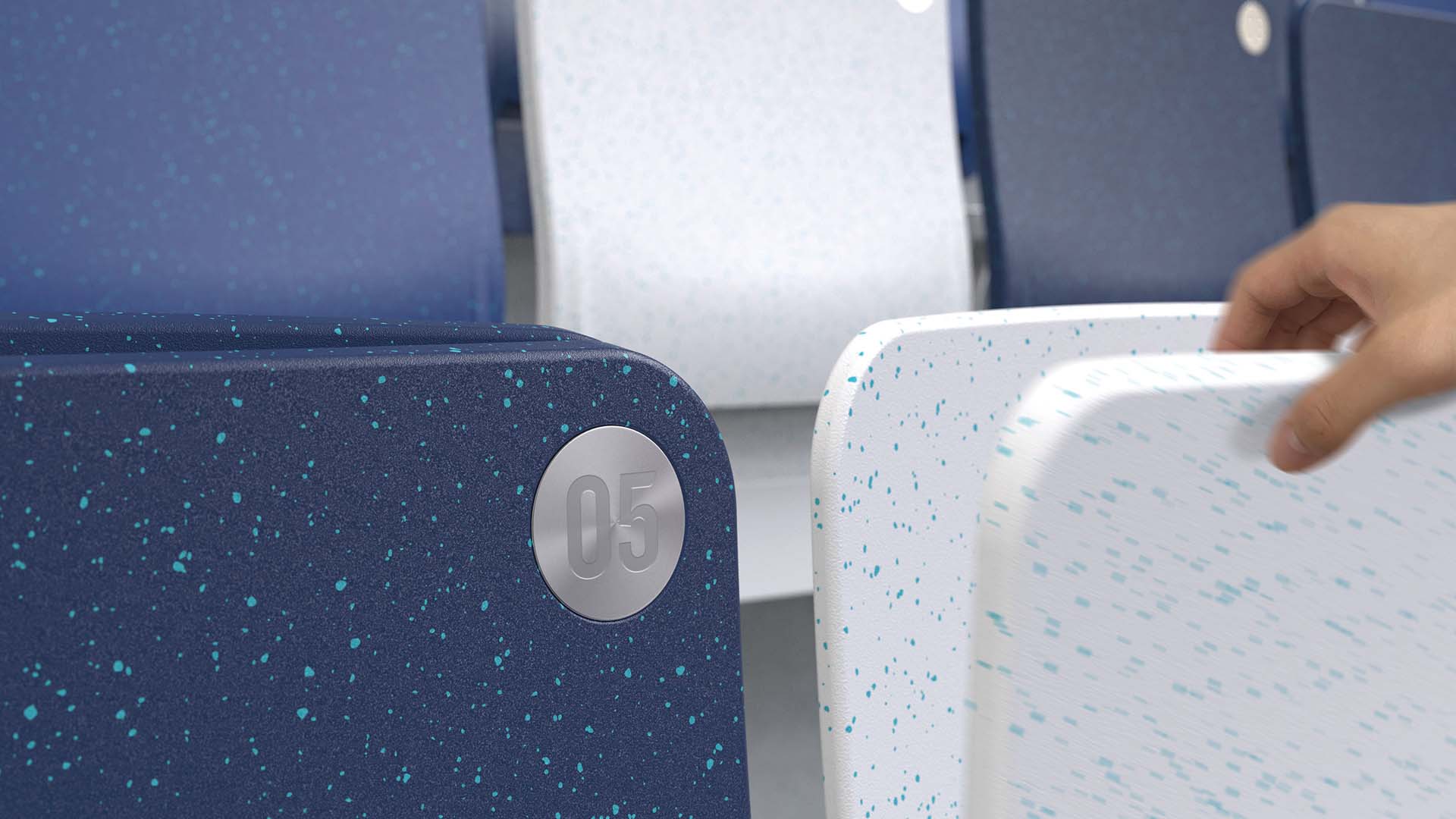
Photo Credit: Sea Chairs
Every year, eight million metric tons of plastic are dumped into our oceans. Recycling this plastic can be expensive and challenging, but necessary to preserve our marine habitats. Replacing fan seating in stadiums may be a possible solution to start decreasing the plastic in our oceans. Due to the strenuous wear & tear that the chairs endure, they are often replaced multiple times in the life of the venue creating thousands of tons of physical waste.
Companies like Sea Chairs are attempting to fix this. Sea Chairs created the world’s first stadium seating made from recycled ocean plastics. While the seating is not currently in use, Liverpool soccer team Everton is planning on implementing this technology by 2023 as a way to make their new stadium more environmentally friendly.
To see how electronics get recycled, stream Tomorrow World Today’s “The Science Behind Electronics Recycling” on on SCIGo and Discovery GO!







